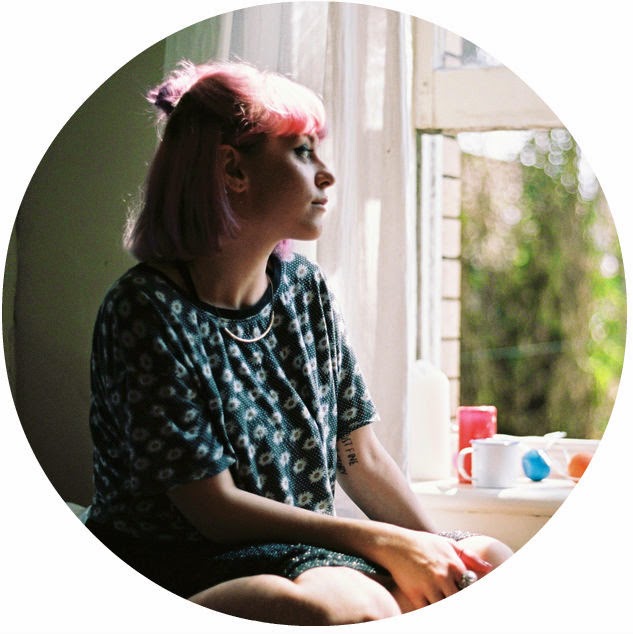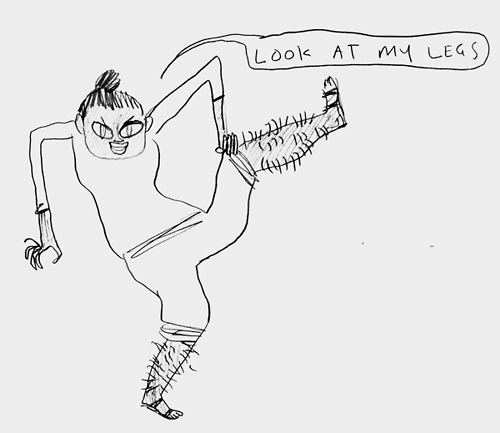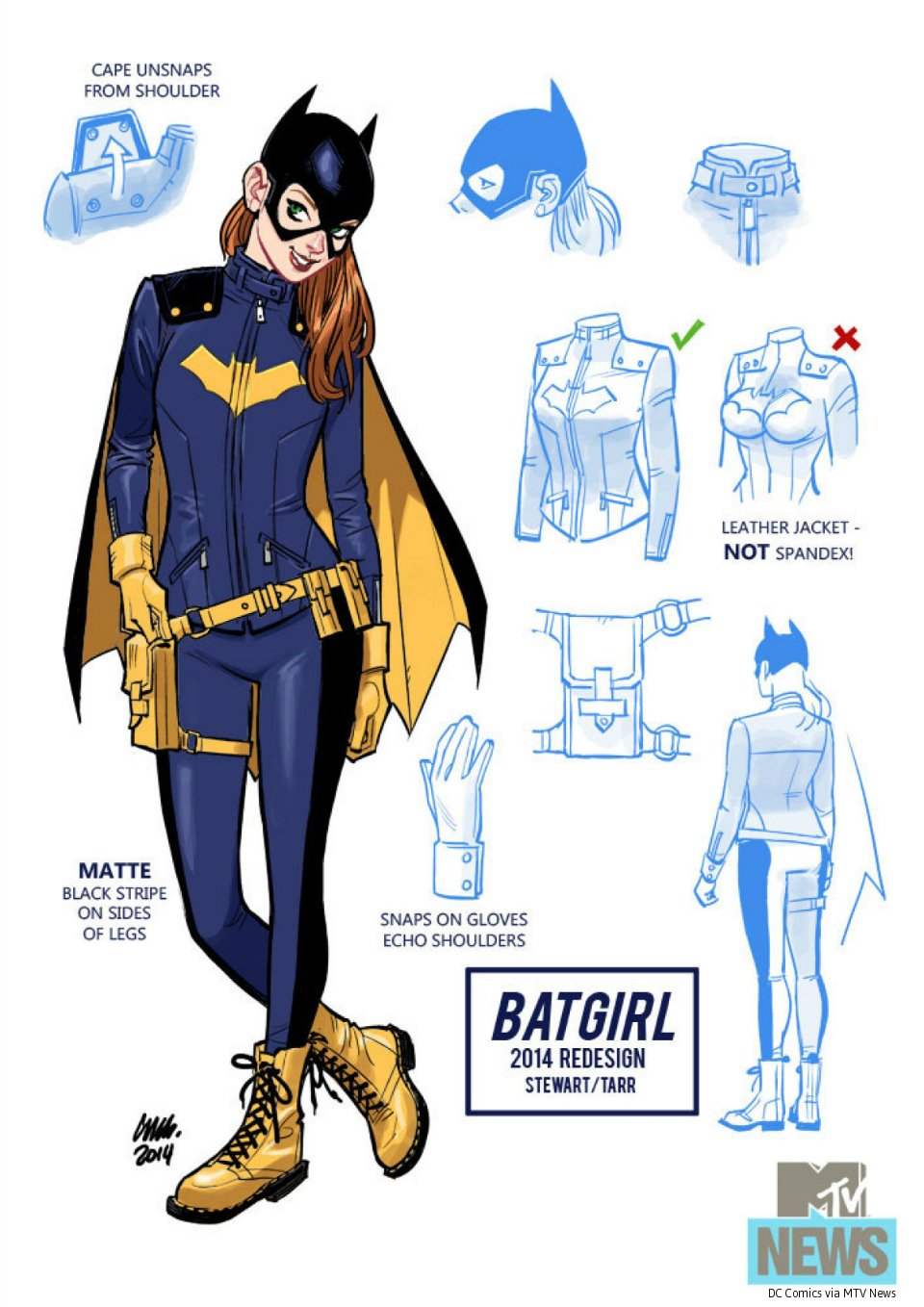Stories of Elliot Rodger have erupted. The gunman killed 7 people in Santa Barbara before shooting himself, documenting his misogynistic, racist views in a manifesto, as well as a series of Youtube videos where he dictates he will “punish” the girls who aren't attracted to him, describing himself as an “alpha male” who was treated like scum while women “gave [themselves] to other men”. As well as many posts featured on men’s rights websites like PUAhate, a place for “incels” (involuntary celibates) who discuss their unpopularity with women and excoriate the opposite sex.
Then there’s the story of Vanden Bailey, a man from Kingston, who stabbed his wife after she refused to have sex with him. As well as the 16 year old in Connecticut, who killed a female pupil after stabbing her in the neck after she refused to go to prom with him.
In each of these cases, which are not few are far between, we see that the deaths of these women have all been at the hands of men who feel they are entitled to something, whether that be sex, relationships, or even simply a dance at prom.
Rodger’s Youtube account contains so many comments highlighting the male belief that he owns women, that he is owed something and is entitled to them for being a man.
To deny the entitlement and misogyny that drive these acts, dismissing these criminals as mentally ill or to pass blame onto frat-boy culture is to disregard the historical and on-going violence towards women by men.
By doing this it changes what Elliot Rodger did, making it an individual problem rather than the cultural one that is really is, making it to the acts of a mad man who didn’t get the help he needed.
When extremists kill we blame the ideology, the religion, the culture. But when the position of man is threatened by young, white and privileged who violently attack and openly express their hatred for women and ethnic minorities, we blame everything but our society. The reason as to why acts like Rodger are happening is because of the sense of entitlement that young, white men do have. Despite making massive moves forward against sexism and racism, our culture is still rife with ever-growing acts of violence towards women. We need to stop trying to deny that this was ultimately an act of misogyny and face up what we can do to prevent it rather than making excuses and allowing these types of crimes to continue.
Society harbours hatred towards women, it creates the people who act on this hatred because they are made to believe that it is justified. Society refuses to hold itself responsible for these incidents because men don’t want to see themselves in people like Rodger and when they refuse to take responsibility, they admit to their unwillingness to prevent it.
As Margaret Atwood famously said; “Men are afraid that women will laugh at them. Women are afraid that men will kill them.” Women deserve to feel safe and respected. Without the fear of death, and more so without the deaths of women being belittled to nothing more than one-off, sporadic and random events by lone-misogynists. This is not random. Elliot Rodger is not an outlier. Violence against women happens everyday and the longer we deny it the longer we allow it.
By Molly Rose




















